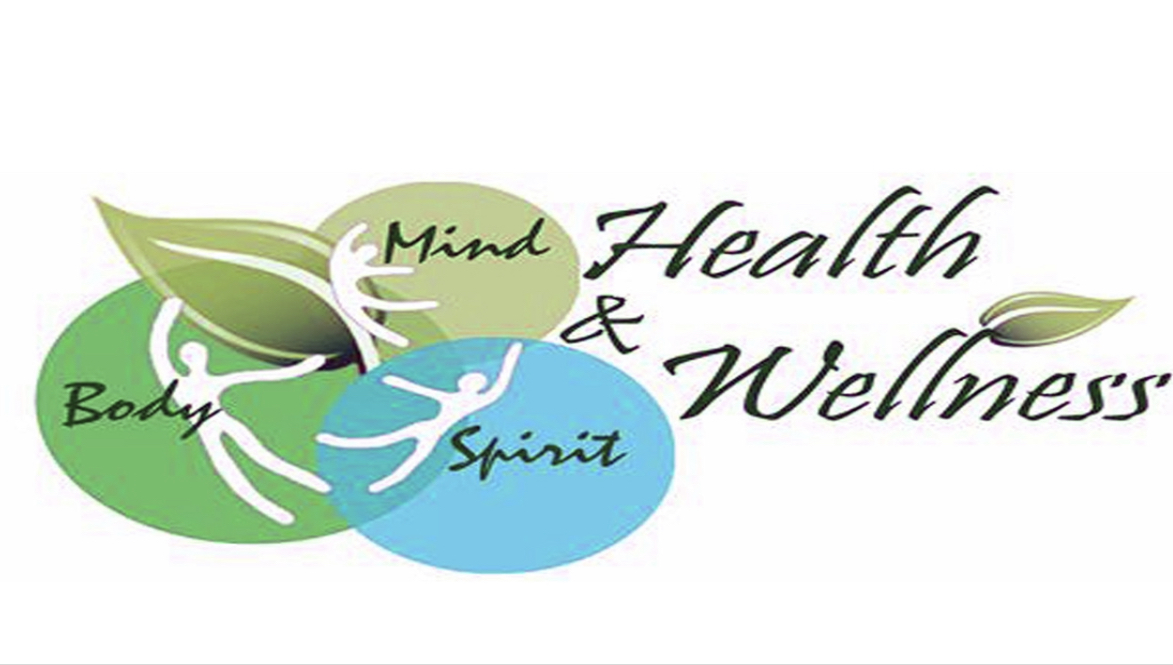People are complicated. The human body is so intricately designed that when one part is struggling it can affect the entire system. For example, if you’re dealing with depression, that can often lead to physical symptoms like fatigue. Or if you have anxiety, it can cause gut issues or trouble sleeping.
The mind-body connection is real, but it actually goes beyond that. Scientists and health professionals have narrowed down eight dimensions of wellness. So let’s see what they are and how to optimize them for your own health goals!
8 Dimensions of Wellness:
There are physical, social, emotional, spiritual, intellectual, financial, occupational, and environmental facets of health. That makes sense, right? Each one contributes to a certain aspect of your life that directly affects your wellness. The idea is when you can optimize these areas, your wellness as a whole increases.
But how do you do that?
#1 Physical

Physical refers to taking care of your physical body. This could include more movement -- exercising, stretching, getting a massage, eating nourishing foods, sleeping, and balancing your blood sugar.
For example, What might it look like - not sitting for long periods of time and meal-prepping healthy meals and snacks. For instance, packing a lunch instead of eating out, taking a standing break every hour, or booking a yoga class.
#2 Social

The Pandemic has taught us that humans are definitely social creatures, and isolation and loneliness can create serious health problems. However, social interactions look different for everyone, depending on if you’re an introvert or an extrovert. Someone who is an extrovert could need 8 hours of socializing a day, whereas an introvert can only handle 2 hours of socializing before exhaustion hits.
Social health also encompasses the quality of your relationships. Choosing to surround yourself with loving, kind, and compassionate people can have a significant impact on your wellness. It’s not necessarily about the number of friends or connections you have, but the quality of the relationships!
#3 Emotional

Emotional wellness is about learning how to manage and process your feelings. There is plenty of research that suggests when you resist or ignore your emotions it can often turn into depression and or anxiety.
So how do you manage your emotions? The first step is to allow yourself to feel. Reflect if your emotions are a true picture of reality. In some cases, our emotions can be cognitive distortions. For more assistance in this area get help from a therapist or start a journaling practice to work on processing your emotions and moving forward.
#4 Spiritual

Spiritual health refers to your belief system about the world or universe and your purpose. So why is it a part of our health? Simply put, if you're in a place of mistrust or chaos about the world or your role in it, it can cause stress.
To optimize this area of your life, it could look like praying, meditating, or setting boundaries with negative people, like family and friends who are demeaning or emotionally draining.
#5 Intellectual

Are you surprised to know that intellectualism is one of the 8 dimensions of wellness? Well, humans are curious creatures by nature. So making time for creativity and learning can be important in reducing stress, increasing cognition, and staying happy and fulfilled.
In terms of wellness, this can look like reading books, learning an instrument, taking courses, having deep conversations, or getting a degree or certification.
#6 Financial

Financial situations often place a huge amount of stress on our bodies and minds. Because whether we like it or not, money is how we buy food and pay rent. However, optimizing this area of your life doesn’t necessarily mean making more money.
It could simply mean improving your relationship with money. For instance, maybe you tend to spend more money when you’re feeling low. It might be beneficial to cut down on excess spending and step into a place of gratitude with the money you do have.
#7 Occupational

Our careers make up a massive portion of our life, so it’s important to do something you enjoy, or at the very least, do something that doesn’t send you into a place of stress/anxiety every time you step into work.
For some people, amping up your occupational health may mean finding a new job you love, or for others, it means doing less work and spending more time with family. Work/life balance is key!
#8 Environmental

Environmental wellness is all about making sure you’re living and working in a safe space, one that’s healthy and comfortable. This could be as simple as purchasing an air purifier or even moving to the suburbs because you want more outdoor space.
How to get started? Pick a Dimension that’s the most important to you and Go For It!
The beauty of these 8 dimensions of wellness is you can work on them one at a time and your health levels will increase because they all play a role in your overall wellness. How amazing is that? Starting slowly will prevent becoming too overwhelmed. Remember, health is always an ongoing adjustment. So don’t be afraid to revisit a certain area and re-optimize it again!
Let me know what dimension resonates with you?
This article is provided for informational purposes only and is not intended as medical advice, or as a substitute for the medical advice of a physician.








Great content! Keep up the good work!